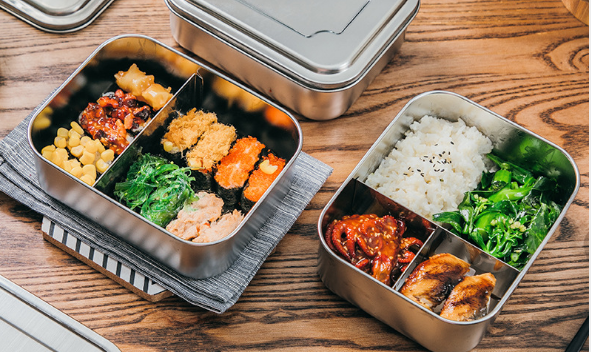 Hey there, health enthusiasts! Welcome back to our blog, where we dive deep into the world of wellness. The idea that how you eat is just as important for your health as what you eat is the driving force behind today’s discussion. Join us as we explore game-changing insights from the renowned Vivamayr Medical Spa in Austria.
Hey there, health enthusiasts! Welcome back to our blog, where we dive deep into the world of wellness. The idea that how you eat is just as important for your health as what you eat is the driving force behind today’s discussion. Join us as we explore game-changing insights from the renowned Vivamayr Medical Spa in Austria.
If you’re new here, don’t forget to subscribe and stay updated on our informative blogs dedicated to enhancing your well-being.
Meal Timing: A Crucial Element
Ever wondered why, despite healthy eating, you don’t see the desired changes in your body and health? Experts at Vivamayr emphasise the significance of meal timing. According to them, the timing of your meals plays a pivotal role in optimising health.
They recommend a structured approach: breakfast at 8 a.m., lunch at 12 p.m., and ideally, dinner by 4 p.m. or at least four hours before bedtime. Late-night eating, especially after 9 p.m., can spike hunger hormones, leading to cravings for sugary and carbohydrate-rich foods.
Bid Farewell to Continuous Snacking
Embracing a four-hour break between meals without continuous snacking is vital. Disruptions in this crucial gap can impact digestion, gut health, and even escalate the risk of type 2 diabetes.
The “King, Prince, Pauper” Rule
Ever heard the adage “Breakfast like a king, lunch like a prince, and dine like a pauper”? This principle aligns with the Vivamayr approach. Varying meal sizes throughout the day, with breakfast being the largest, followed by a slightly smaller lunch and a lighter dinner, aids in efficient digestion.
Unlocking the Power of Chewing and Mindful Eating
Chew your food thoroughly—experts suggest 40–60 chews per bite. This not only aids digestion but also encourages mindful eating, helping you recognise satiety cues and prevent overeating.
Mindful eating involves engaging all senses and appreciating food colours, textures, and aromas. Eliminate distractions like screens or books and focus solely on your meal. Consider the journey your food took to reach your plate and relish the experience.
Listen to Your Body and Cook Evening Vegetables
Eating slowly and without distractions enables better recognition of satiety cues. Don’t hesitate to save some bites for later; your body will thank you. Additionally, opt for cooked veggies in the evening rather than raw, as raw foods can sometimes be hard on digestion during the evening.
Supplements as Digestive Aids: With Caution
While emphasising the importance of mindful eating, supplements can complement digestion. However, always consult professionals before incorporating new supplements into your routine. Discuss options like magnesium citrate with your doctor if you encounter digestion issues.
Remember, it’s not about replacing meals with supplements but about enhancing digestive health. Consulting with professionals ensures you’re making informed choices.
These tips could be the transformative guide you’ve been seeking. Remember, how you eat matters just as much as what you eat. If you found these insights valuable, subscribe for more enriching health insights. Stay healthy and stay happy!



